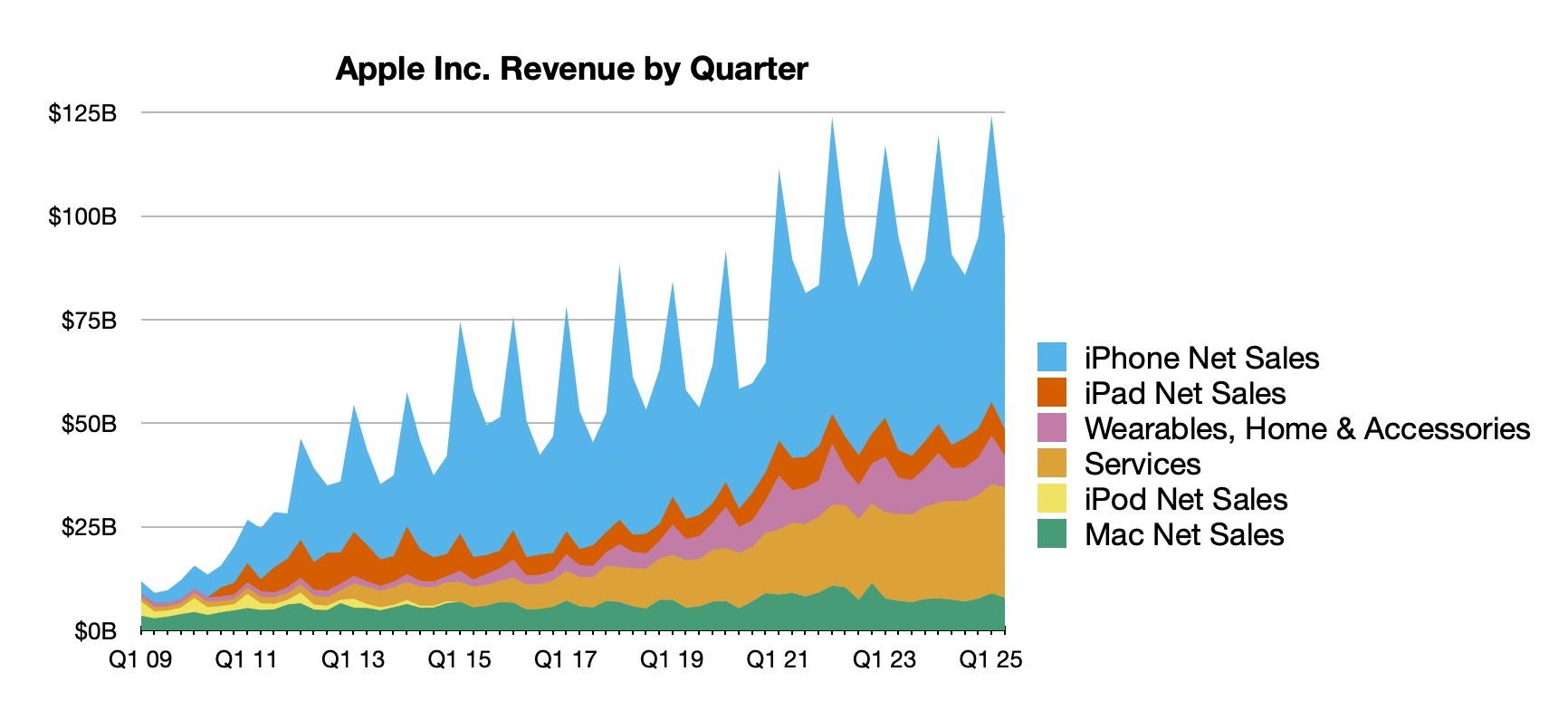Perimeter 81 boosts malware protection
Perimeter 81 says it has gotten even better at protecting its customers from internet-borne risks, as it adds malware protection to its growing list of services.
The new offering works as a combination of continually updated signature-based detection, and advanced machine learning-based capabilities which are able to identify and block complex polymorphic and zero-day attacks, the company said. It added that the feature complements its existing web filtering services well, resulting in even stronger and more robust protection for all users, regardless of business size.
The number of cyber threats businesses are facing grows every day. Between viruses, trojans, keyloggers, phishing attacks, ransomware, and other malware, not a day goes by that we don’t learn of a new company falling victim to a dangerous cyberattack. The results usually include large data protection watchdog fines, loss of business, and a tarnished reputation.
Easy setup
To protect against these threats, businesses deploy all kinds of security solutions, from firewalls, to VPNs, to password managers and web filters. However, the decentralized nature of these solutions makes management difficult, allowing threat actors to slip through the cracks. Thus, having fewer solutions covering more aspects of cyber-risk is always welcome.
Perimeter 81 says the malware protection feature needs no particular setup. As soon as users sign into the agent, the new offering is activated, automatically applying an extra level of protection. What’s more, user experience is not affected, the company claims. Malware protection works both on the wider internet, and on corporate networks, it was added.
“Malware protection is increasingly important for organizations to arm themselves with so that they can avoid threats like HavanaCrypt,” said Amit Bareket CEO and Co-founder 81. “This advances Perimeter 81’s converged network security offering to easily connect and secure any business network with a hardware-free, cloud-based service.”
When users active the new product, it starts inspecting web traffic (file downloads, HTML, JavaScript, CSS, etc.), looking for potential malware. Once the traffic is deemed safe, it is sent to the end user’s browser. If it detects a threat, it will block it and notify the user. The notifications are also sent to the company’s IT admins for further analysis.
Check out the best antivirus programs right now







